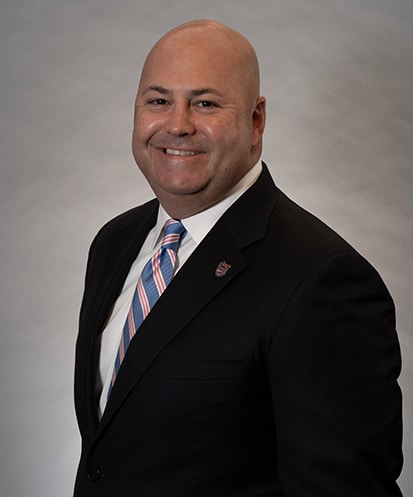Are African Americans Being Excluded from Clinical Trials?
 An expose published in Stat magazine with data from ProPublica reveals the dearth of African American patients in clinical trials for breakthrough cancer drugs. However, it is not just clinical trials for cancer drugs which seem to exclude black patients. The U.S. Food and Drug Administration’s Center for Drug Evaluation and Research (CDER) conducted a study which surveyed the demographics of clinical trial participants. Of the 102 new drugs in the cohort studied, an estimated 72.2% of study participants were white, 6.4% were African American. The study concluded that people of color are still not well represented in most drug development programs and remain in an area where improvement is needed.
An expose published in Stat magazine with data from ProPublica reveals the dearth of African American patients in clinical trials for breakthrough cancer drugs. However, it is not just clinical trials for cancer drugs which seem to exclude black patients. The U.S. Food and Drug Administration’s Center for Drug Evaluation and Research (CDER) conducted a study which surveyed the demographics of clinical trial participants. Of the 102 new drugs in the cohort studied, an estimated 72.2% of study participants were white, 6.4% were African American. The study concluded that people of color are still not well represented in most drug development programs and remain in an area where improvement is needed.
Stat News tweeted: “Stark underrepresentation of African-Americans is widespread in clinical trials for cancer drugs, ProPublica reports, even when the type of cancer disproportionately affects them.”
The ProPublica story began with a new drug called Ninlaro for treating multiple myeloma, a savage blood cancer. It was approved by the FDA in 2015 after patients gained an average of six months without their cancer spreading. A major shortcoming of the study could be found in the racial composition of its participants. Even though one in five people diagnosed with multiple myeloma is black, and black people are more than twice as likely as white Americans to be diagnosed with cancer, only 1.8% of the study’s participants were black. The ProPublica analysis of FDA data found that in the clinical trials for 24 of the 31 cancer drugs approved since 2015, fewer than 5% of participants were black.
Why the disparity matters
An article in NewsOne.com highlighted a study published in the Annals of Internal Medicine, which has underscored the serious consequences for the underrepresentation of African Americans in medical research. The study found that doctors have been depending on inaccurate guidelines to decide what treatments patients need. Dr. Sanjay Basu, one of the researchers in the study began to question the accuracy and relevancy of the guidelines when they advised an inaccurate treatment. Study researchers found that part of the problem with the inaccuracy of the guidelines is that African Americans were underrepresented in the samples used to create the guidelines.
The National Institutes of Health (NIH) has found that less than ten percent of patients involved in clinical trials are minorities. And the FDA’s publication, Global Participation in Clinical Trials Report, reveals that while African Americans comprise about 13% of the U.S. population, they represented only 5.4% of participants overall in drug clinical trials. In clinical trials for oncology, cardiology and psychiatry the percentage of black/African American participation was 2.50% for cardiovascular disease, 2.74% for oncology and 24.18% for psychiatry.
What keeps African Americans from participating in drug research?
A story on NPR.org reported on a study published in the American Journal of Preventive Medicine, which analyzed the attitudes of black men towards prostate cancer research and genomic testing, found a general mistrust of the healthcare system and medical research. The study found a general distrust in the healthcare system resulting from ways African Americans have been treated by the medical system, using the Tuskegee syphilis study as an example. In the Tuskegee study, black men with syphilis were intentionally left untreated so that researchers could study the long-term effects of the disease. For 40 years – from 1932 to 1972 – researchers told the 600 men in the study that they were treating them for “bad blood” when in fact, they were not treating them but instead studying the disease’s progression without consent of the subjects being studied according to the CDC.
The ProPublica story reported that not including African Americans in clinical trials is just one more way they experience inferior care and worse health outcomes than their white counterparts. Black Americans are less likely to have health insurance coverage, they are 30% more likely than white Americans to die from heart disease, black mothers are three to four times as likely as white mothers to die in pregnancy or childbirth and black children are diagnosed with autism later than white children.
Please contact Paulson & Nace, PLLC through this contact form or by calling 202-463-1999.

Christopher T. Nace works in all practice areas of the firm, including medical malpractice, birth injury, drug and product liability, motor vehicle accidents, wrongful death, and other negligence and personal injury matters.
Read more about Christopher T. Nace.
